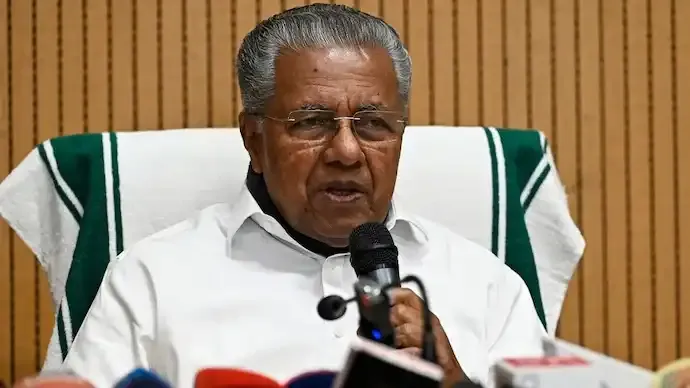Shopping cart
Your cart empty!
Terms of use dolor sit amet consectetur, adipisicing elit. Recusandae provident ullam aperiam quo ad non corrupti sit vel quam repellat ipsa quod sed, repellendus adipisci, ducimus ea modi odio assumenda.
Lorem ipsum dolor sit amet consectetur adipisicing elit. Sequi, cum esse possimus officiis amet ea voluptatibus libero! Dolorum assumenda esse, deserunt ipsum ad iusto! Praesentium error nobis tenetur at, quis nostrum facere excepturi architecto totam.
Lorem ipsum dolor sit amet consectetur adipisicing elit. Inventore, soluta alias eaque modi ipsum sint iusto fugiat vero velit rerum.
Sequi, cum esse possimus officiis amet ea voluptatibus libero! Dolorum assumenda esse, deserunt ipsum ad iusto! Praesentium error nobis tenetur at, quis nostrum facere excepturi architecto totam.
Lorem ipsum dolor sit amet consectetur adipisicing elit. Inventore, soluta alias eaque modi ipsum sint iusto fugiat vero velit rerum.
Dolor sit amet consectetur adipisicing elit. Sequi, cum esse possimus officiis amet ea voluptatibus libero! Dolorum assumenda esse, deserunt ipsum ad iusto! Praesentium error nobis tenetur at, quis nostrum facere excepturi architecto totam.
Lorem ipsum dolor sit amet consectetur adipisicing elit. Inventore, soluta alias eaque modi ipsum sint iusto fugiat vero velit rerum.
Sit amet consectetur adipisicing elit. Sequi, cum esse possimus officiis amet ea voluptatibus libero! Dolorum assumenda esse, deserunt ipsum ad iusto! Praesentium error nobis tenetur at, quis nostrum facere excepturi architecto totam.
Lorem ipsum dolor sit amet consectetur adipisicing elit. Inventore, soluta alias eaque modi ipsum sint iusto fugiat vero velit rerum.
Do you agree to our terms? Sign up

In a landmark achievement, Kerala has officially become the first state in India to eradicate extreme poverty. Chief Minister Pinarayi Vijayan made the announcement during a special session of the state Assembly on Kerala Piravi, the day marking the state’s formation. The declaration marks a pivotal milestone in Kerala’s long-standing journey toward inclusive development and social justice.
Chief Minister Vijayan highlighted that the initiative was one of the government’s foremost commitments made after assuming office in 2021. “Today’s Kerala Piravi marks history because we have succeeded in making Kerala the first Indian state without extreme poverty,” he said. The programme, part of the Nava Kerala vision, represents years of targeted interventions aimed at improving the quality of life for the most vulnerable citizens.
Kerala’s Extreme Poverty Eradication Programme (EPEP) was launched with an investment exceeding ₹1,000 crore. The programme adopted a micro-level planning approach, identifying 64,006 families living in extreme poverty and creating individualized action plans to address their unique challenges.
Through the initiative:
20,648 families were provided with daily food support, including 2,210 families receiving hot cooked meals.
85,721 individuals gained access to essential medical treatment and medication.
5,400 new homes were constructed or are under construction, while 5,522 homes underwent repairs.
2,713 landless families received land ownership to build houses.
21,263 individuals obtained critical documents such as Aadhaar cards, ration cards, and pension eligibility for the first time.
4,394 families benefited from livelihood support projects designed to ensure sustainable income.
Kerala’s approach was distinctive because it moved away from the “one-size-fits-all” policy model. Instead, each family’s socio-economic needs were addressed individually through a participatory, transparent framework led by local self-government bodies.
Local Self-Government Minister M.B. Rajesh emphasized that the programme succeeded because of cooperation between local bodies under both LDF and UDF administrations. The project’s transparency, inclusivity, and continuity across political lines made it one of India’s most comprehensive poverty eradication models.
Despite the milestone, the Congress-led UDF opposition dismissed the announcement as “pure fraud” and staged a walkout from the Assembly. Leader of Opposition V.D. Satheesan alleged that the declaration violated House norms. In response, Chief Minister Vijayan countered, stating, “We only say what we can implement — and we have implemented what we promised.”
Kerala’s achievement reinforces its reputation as India’s most progressive state in terms of human development, literacy, health, and governance. Having already reached 100% literacy, full electrification, and digital literacy milestones, Kerala’s eradication of extreme poverty adds another chapter to its model of inclusive growth.
The success of Kerala’s micro-level, family-specific poverty eradication approach offers a scalable blueprint for other Indian states aiming to reduce economic disparity and enhance social welfare.
Kerala’s journey from literacy to poverty-free status underscores that with targeted governance, transparency, and grassroots participation, eradicating extreme poverty is not just a dream—but an achievable reality.
7
Published: 17h ago